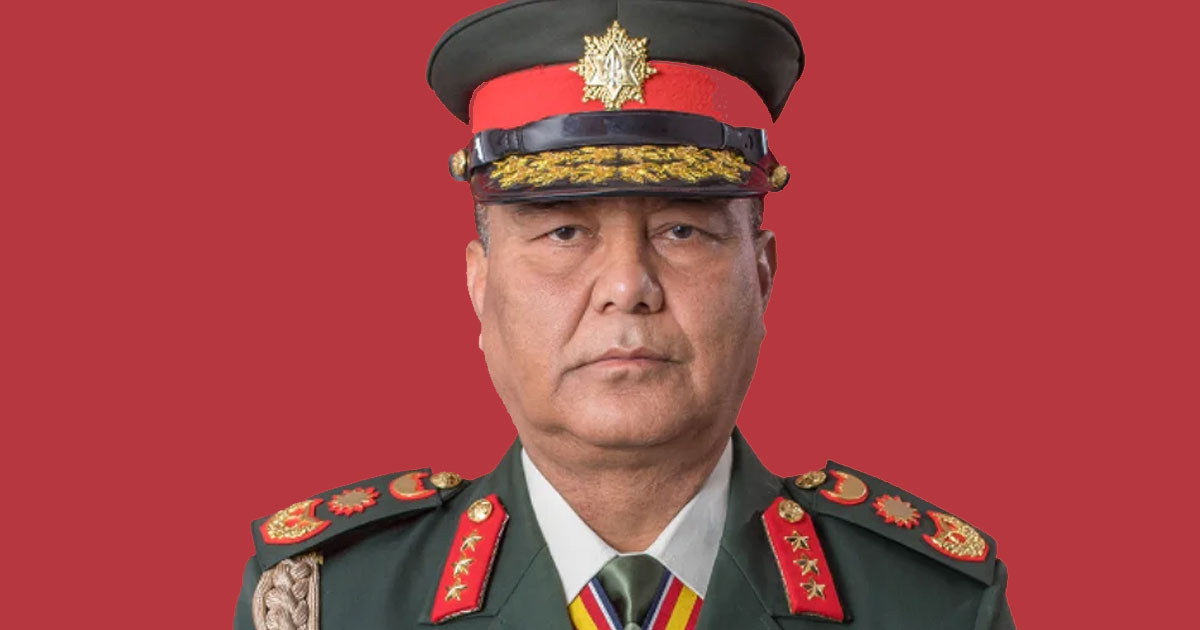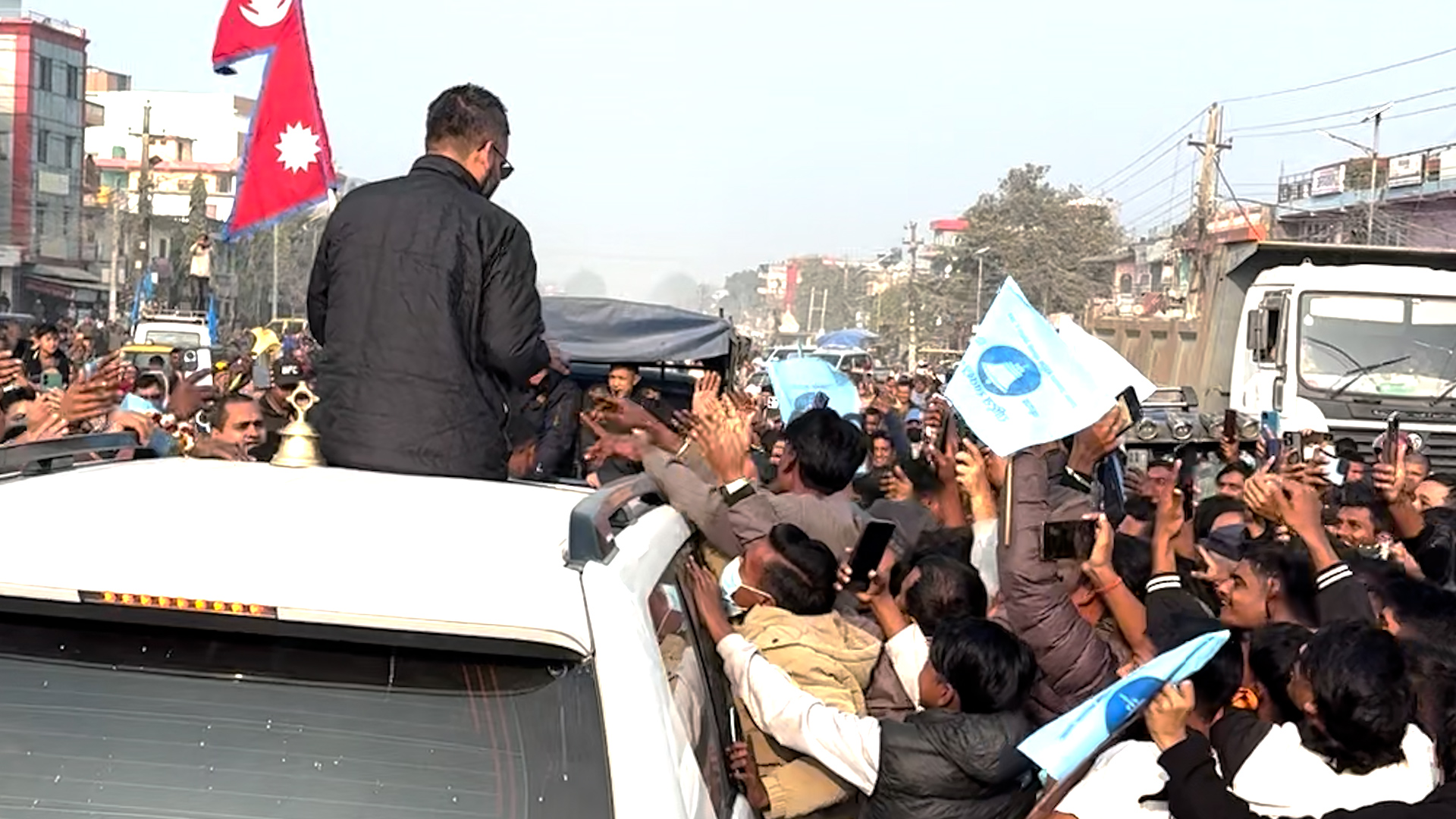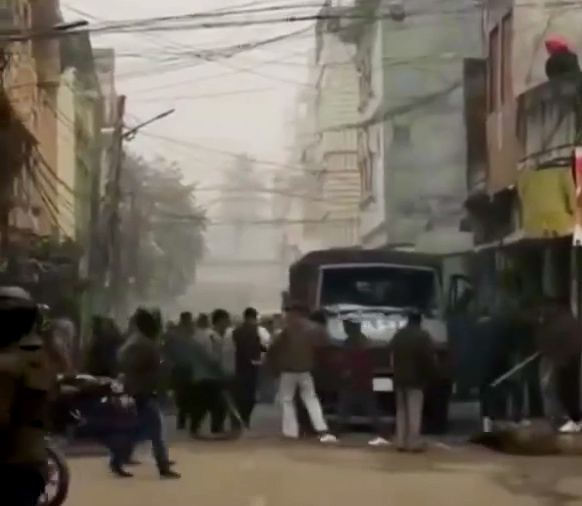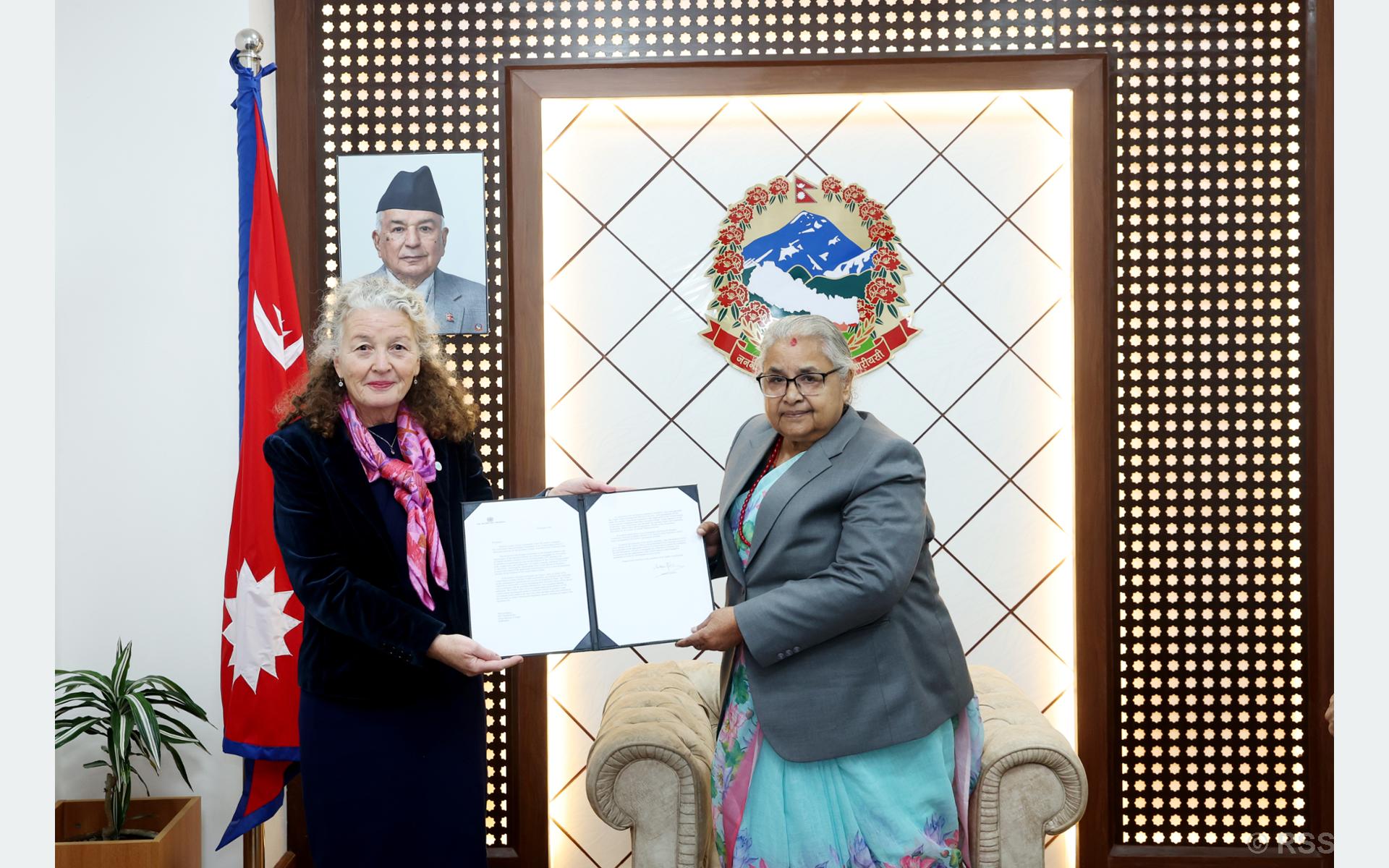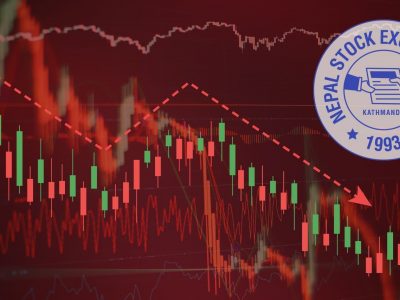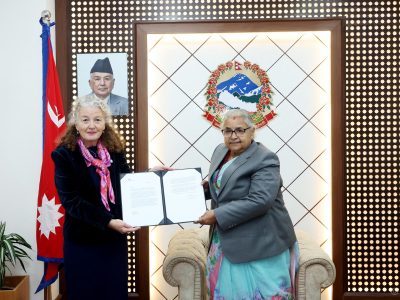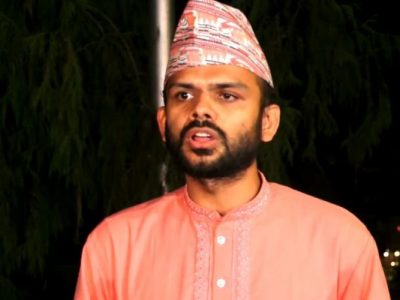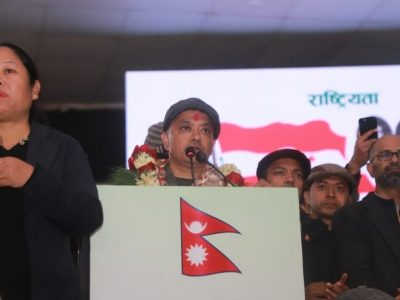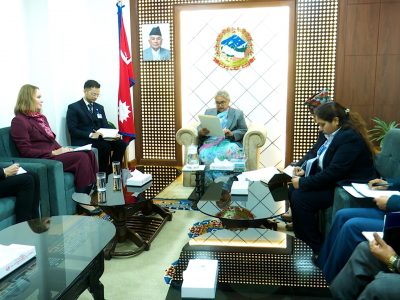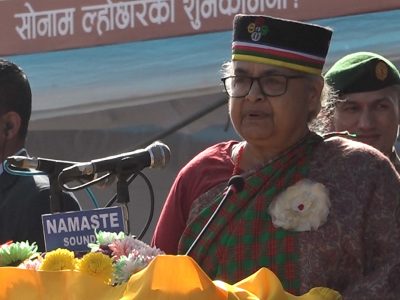Thousands join global marches calling on governments at COP30 to deliver climate justice
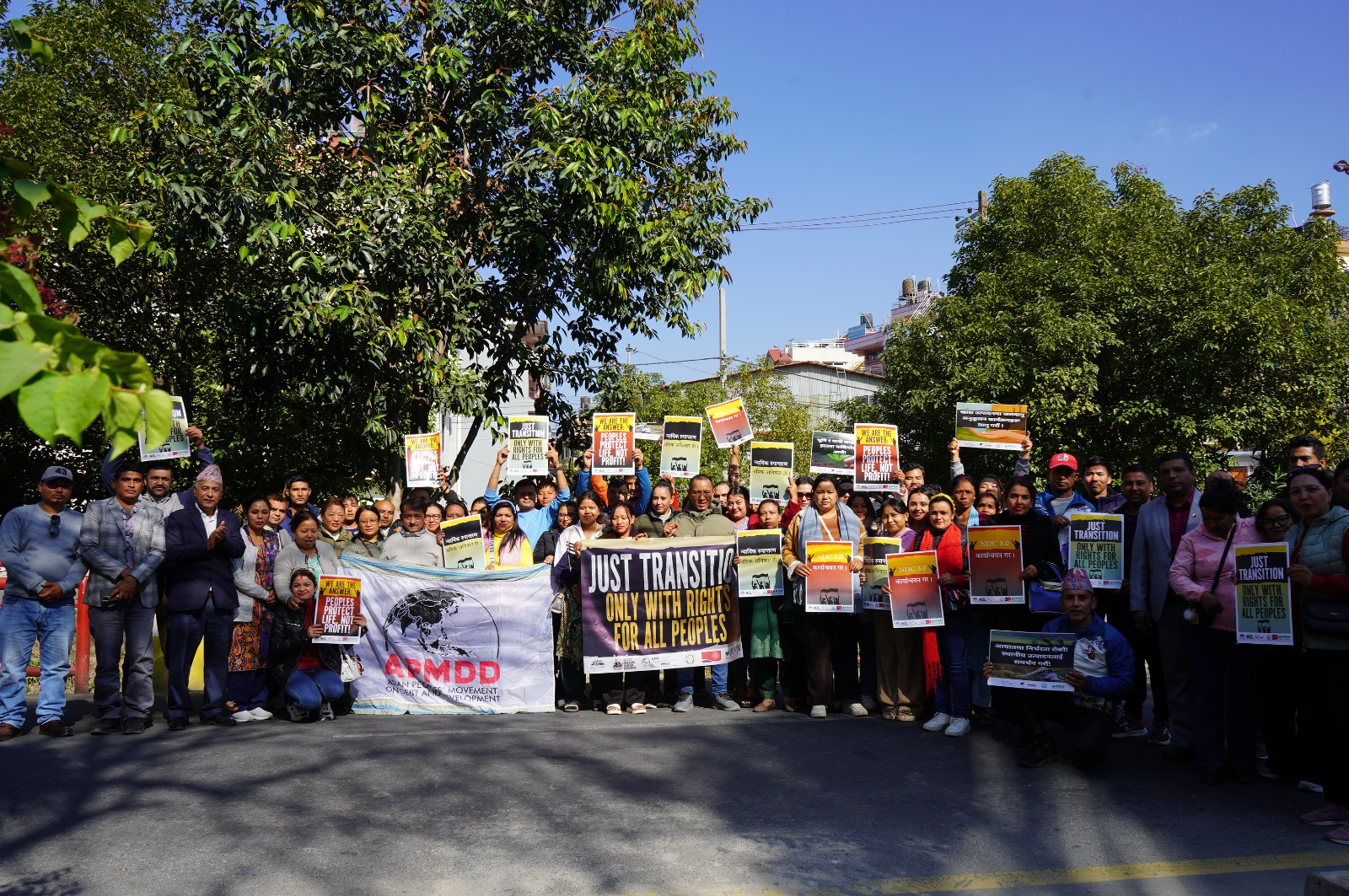
Kathmandu, November 16 : Social and environmental movements from around the world today mobilized thousands of people to join marches from major cities to local communities worldwide demanding system change to halt global warming and adapt to the effects of the climate crisis. The marches slammed systemic inequality, environmental racism, and corporate impunity that continue to derail effective climate action.
The marches were part of the November 15 Global Day of Action organized by a coalition of social, environmental, Indigenous, and human rights movements to coincide with the UN Climate Change Conference (COP30) happening in Belém, Brazil. More than 100 marches, demonstrations and events were held in 16 countries around the world.
In Asia, around 10,000 people joined mobilizations in more than 40 cities and provinces in the Philippines, India, Bangladesh, Pakistan and Nepal.
The rallies, uniting demands for climate justice and systemic change, called for a rapid, equitable, and just transition directly from fossil fuels to renewable energy without false solutions. The demonstrators also asserted the people’s right to reparations and the delivery of climate finance, emphasizing this as a responsibility of Global North governments. Without these measures, global climate action will not succeed. The Global North must raise the trillions necessary for climate finance and reparations and urgently capitalize the Loss and Damage Fund. Furthermore, they urged all governments to prioritize public finance for their citizens—specifically for services, social justice, and genuine climate action—and stop diverting public resources to support fossil fuels, fund wars, or enable systemic corruption that lays waste to public funds.
Lidy Nacpil, coordinator of the Asian Peoples’ Movement on Debt and Development (APMDD), who is coordinating these simultaneous demonstrations in Asia, said: “These mobilizations represent the Global South’s intersectional demands that link the climate crisis directly to inequalities and ongoing geopolitical conflicts. From the oceanic edge of Asia to the Atlantic coast of Africa to the mouth of the Amazon River, we are tracing a South-South axis of struggle against neocolonialism that has kept us in cycles of debt and resource extraction, as well as a South-South solidarity for addressing shared issues such as climate change adaptation, food security, and public health. From Jakarta to Luanda to Belém, communities are facing intensifying climate risks, and we are calling on COP30 to change the system—decarbonize energy, redirect capital away from destruction, address historical injustices, and protect the most vulnerable through climate finance, reparations, and just transition.”
In Nepal, organizations representing workers, rural communities, and climate justice advocates echoed these demands, stressing that the country—already grappling with melting glaciers, erratic monsoons, floods, and widespread livelihood loss—requires urgent, grant-based, non-debt-creating climate finance to safeguard frontline communities and ensure a fair transition.
From the labor movement, Laxman Sharma of the General Federation of Nepalese Trade Unions (GEFONT) emphasized that climate action must protect working people, noting that “a just transition is not only about shifting to renewable energy—it means secure livelihoods, proper training, and strong social protection so workers are not forced to absorb the cost of climate inaction.”
Reflecting rural concerns, Nicky Shrestha of Rural Reconstruction Nepal (RRN) highlighted how climate impacts are already undermining local survival systems, saying “farmers and rural households are losing crops and water sources every year. They need direct support, and climate finance must strengthen local systems and enable communities to lead their own solutions.”
Calling for deeper structural reforms, Omkar Subedi of the Digo Bikas Institute (DBI) underscored the need to shift public resources toward genuine resilience, stating “real climate justice means moving public money away from fossil fuels and into people-centered development. Nepal and other vulnerable countries need predictable, adequate finance to support long-term equity and sustainability.”
Together, these voices from Nepal reinforce the broader Global South demand for accountability, meaningful climate finance, and systemic transformation. As marches conclude worldwide, movements affirm that climate justice cannot be delivered through false solutions, corporate capture, or voluntary pledges. They call on governments at COP30 to commit to deep emissions cuts, provide adequate and predictable climate finance, operationalize the Loss and Damage Fund, and ensure a rapid, equitable phase-out of fossil fuels.
Facebook Comment
latest Video
Trending News
- This Week
- This Month


